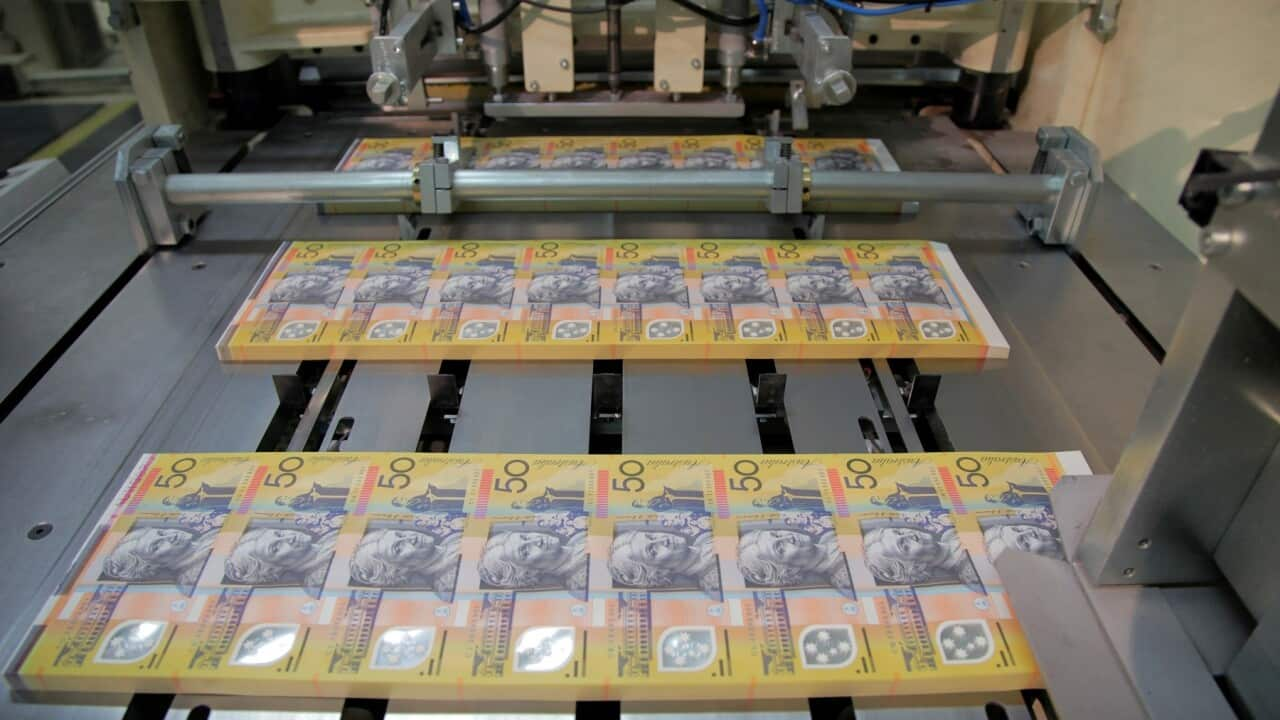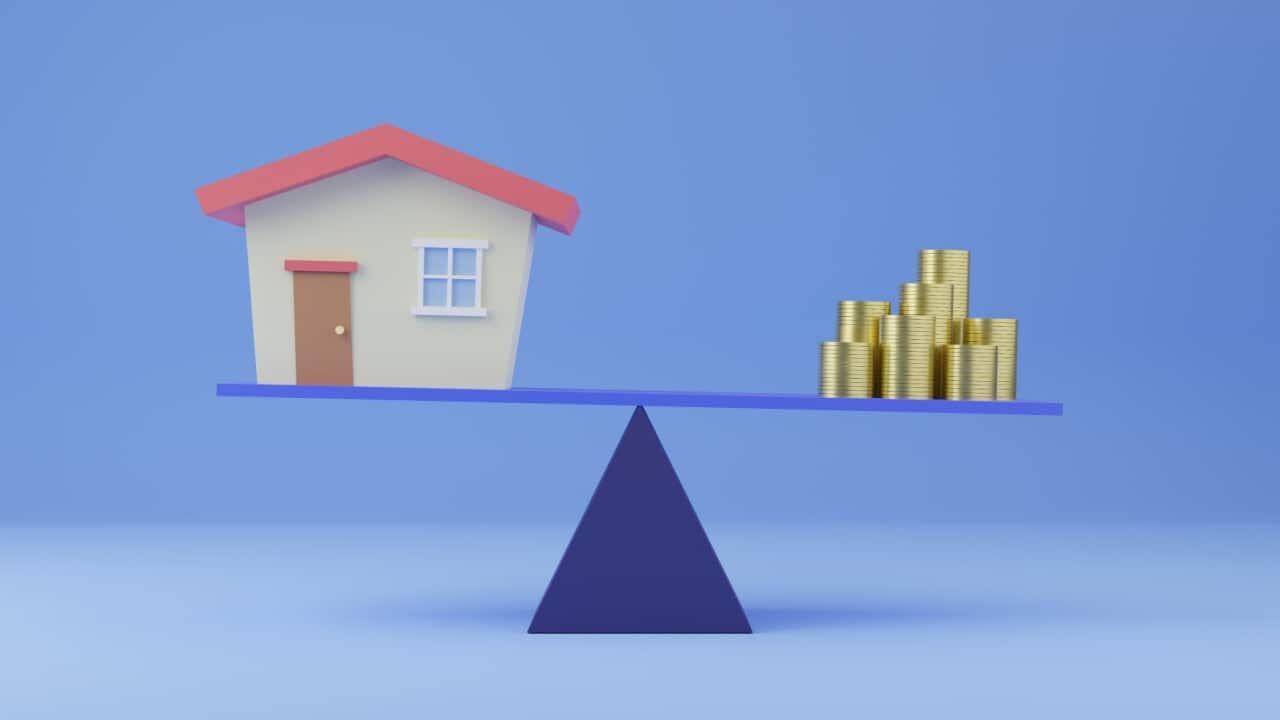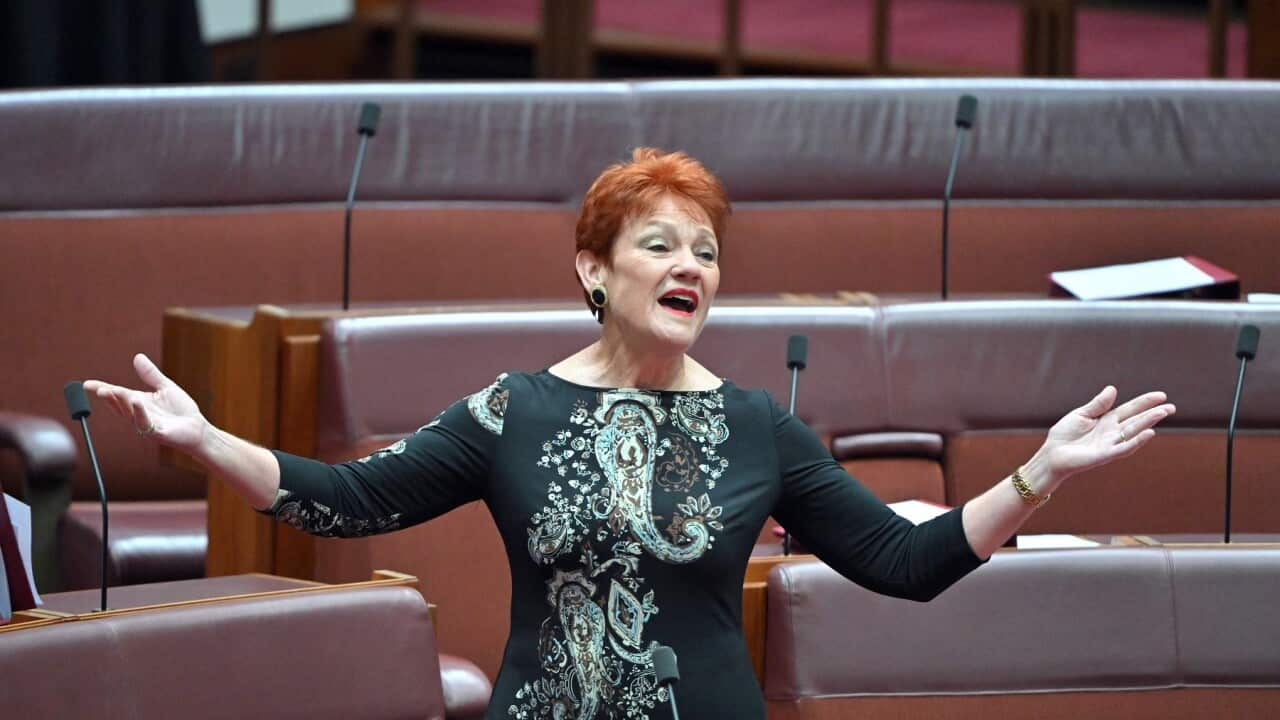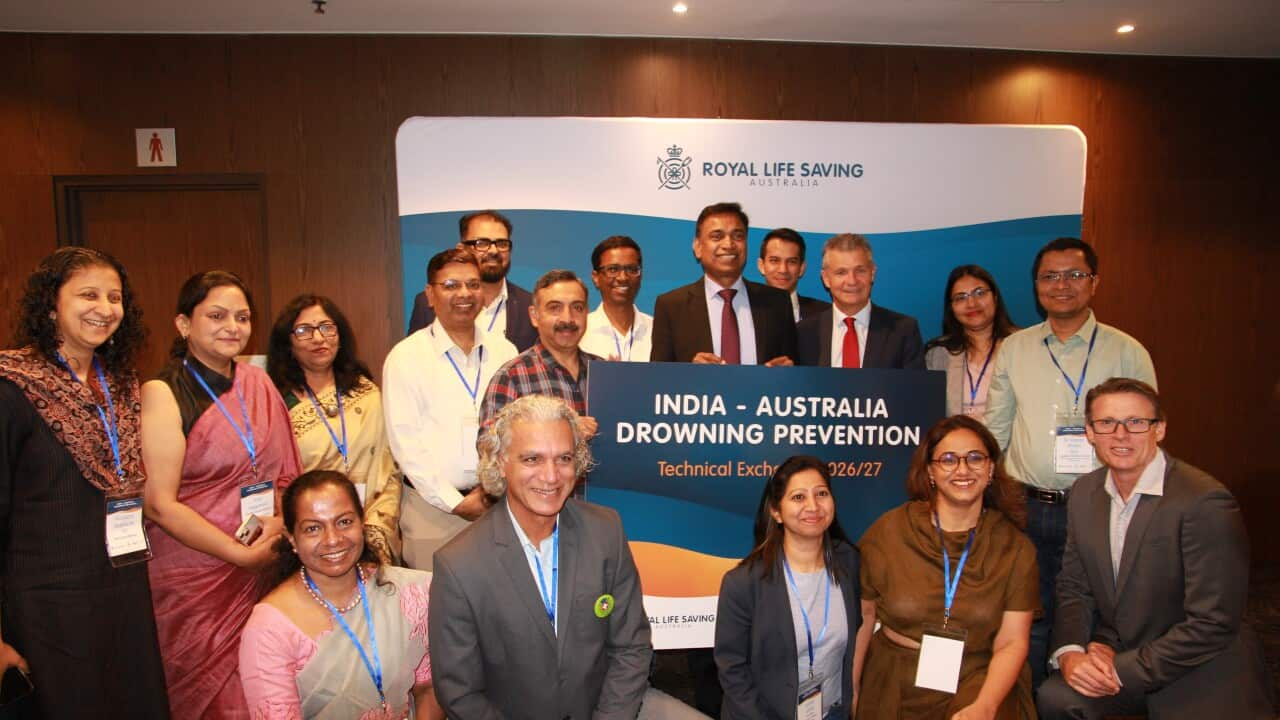Here is SBS Radio Hmong program and today we have Misha Schubert the CEO of the Super Members Council to join us, who will share some of her insights into early access super for first homeowner deposit.
Recently there was a media released from your organisation that the government’s idea of allowing Australians to access early super up to $50,000 to buy their first home will lead to more cost to the pension and having less retirement nest eggs, could you take us through?
Misha Schubert:
Super Members Council is a new organisation that representing 11 million Australians who have their retirement in the superannuation system in Australia.
Under Australian laws employers are required to pay 11.5 percent of people’s wages into superannuation that grows and grows across people’s working life to provide what really dignifying and more comfortable retirement once we finish the end of our working lives.
Last week a senate report in the Australian parliament propose to extend policy for not just to make a change that would encourage young Australians to withdraw up to $50,000 from their super towards the cost of housing but encourage potentially consideration of bigger amount than that indeed uncapped amount.
That set of policy proposal is deeply an economically reckless because we know from all the credible evidence from credible economists around the country that all would happen if people were encouraged to take money out of super to put towards the house deposit is that it will just push up the house price, and that all what would happen if people will end up paying even more for the house they are going to buy anyways. And so would even further put that enormous pressure on house price growth here in Australia.
Many of the listeners to SBS radio, people who are newly arrived in this country will understand how important it is to try to be in a position where people can get into the housing market.
We desperately want more Australians, more new migrants in Australia to be able to realise that great Australian dream of homeownership.
But all these proposed policies would do is push to withdraw super towards housing deposits, would ultimately just push up house prices and make that dream even harder for people to obtain.
So, in your opinion what should be done to tackle this issue?
Misha Schubert:
Well, the urgent tasks for every policy maker across our country is to dramatically expand the supply of new housing in Australia. We know that the only things that will really get more Australians into homes and more new migrants into homes and push downward pressure on those house prices to make houses more affordable is to expand the supply of housing.
So, our call to policy makers across the breadth of parliament is to really focus their policy offerings on how to swiftly expand the supply of housing in this country. That is the responsible pass.
It's also important not just for those individuals, families trying to get into the housing market who cannot afford to see house prices continue to rise in such dramatic waves, but it's also going to have a cost for every taxpayer.
So, policies that can tamper with superannuation trying to pull money out ultimately cost all of us who are paying taxes more. Because if people have less money in their super at retirement, it means they are more reliance on the age pension, the federal payment that's paid from taxpayers. And so, the cost to all Australian taxpayers will rise. So, all the people who are in the workforce across that period, when more people will be depending on the age, pension will have to pay more in taxes or governments will have to cut valuable services that they provide to the Australian community.
The Greens argued that the Albanese government gives a hand out to wealthy property investors instead of focusing on building more houses, but the Albanese says that here is our plan – 10 billion dollars of future housing funds and we also have extra fund to build more houses. This is what we are going to do, but the Greens seems to not agree with this, and you are suggesting otherwise. So, it is a very confusing matter here.
Misha Schubert:
Look, there will always be a vibrant policy debate amongst the parties across the breadth of the Parliament on housing settings, housing policy settings.
I think what we would say is the Super Members Council with our responsibility to advocate for those 11 million Australians with their retirement saving in super is that it's really important that we keep super strong and so that it can do it’s really important work, which is to provide that money for all of us in retirement so we can retire with a greater standard of living and more dignity.
And we also urged parliamentarians of all different hues to work together on expanding housing supply. That is the urgent challenge, and that is where we want to see policy makers focus their efforts. That is the one way that we're going to get more Australians into homes and keep the downward price pressure on house prices is by policies that expand housing supply.
What is the best way to improve to get more super? And what? What should Australians, migrant worker or anyone who have the rights to work in Australia to make sure that they have more super nest eggs?
Misha Schubert:
Yeah, absolutely. It's a great question. So, superannuation was created in Australia thirty years ago as a way of ensuring that people would have money being put away through the course of their working lives, so that when they reach retirement age, they've gotten a nest egg to start to draw down on that, make sure that people have a more dignified quality of life in those years after they have spent their life time working really hard in the paid workforce.
That is so important those who were born in a country where a system like that doesn’t exist. It is great to raise awareness of that system. The more engaged people are engaged with their super the more the better they are. So, the more they are checking their pay slips and making sure that money is going into their super funds, and they can see their balances grow. Generally, the more active engaged people are, the better off they are. Because it gives you that chance to make decisions at various stages of your life about should I be putting additional contributions away at various points in your life to make sure they got the strongest possible retirement circumstances.
So, we would encourage all your listeners to really actively engage with their super, find out more and keep their eyes on their super through their lives. It's a really, powerful part of what Australia delivers to millions of citizens and people in the workforce here through the course of their working life.
Do you have anything to add before the end this conversation?
Misha Schubert:
Look, it is really important that we keep the super system strong to do its powerful work of providing really strongly for retirement.
The way that superannuation works for all of us is that we know we put away these modest amount weeks in weeks out fortnights in fortnights out through the course of our working life and over our lives. Because of saving for our retirement those saving grow and compound and compound. So, you get these multiple compounding terms across three and four decades of our working life. That's why it's so important that. Super system size strong to keep delivering those strong growth returns for everybody who earn super in the workforce in Australia. And we really would like to encourage people to actively involved with their super through their lives.
Do you think that the first homeowner saving scheme should be more broadly expanded national wide, for example if I am saving for my first home, the government can top up instead of accessing super?
Misha Schubert:
Yeah. So, there is an existing. As you know there's an existing first time Super Saver scheme. But importantly what it does is it allows people to make some additional contributions into superannuation towards the home deposit, but not in a way that dips into the super guaranteed money. That is the amounts that your employer must pay on your behalf into your superannuation towards the home deposit but not in a way that dips into the super guarantee money for instance that amount that your employers must pay on your behalf into your superannuation, so it doesn’t dip into that important nest eggs that is protected for retirement, but it allows people who are accumulating a deposit to do so in a responsible way.
That is really important structural design because it allows people to do that to establish a savings pattern. And it doesn't have the effects of other policies that would essentially wash extra market money into the housing market in a way that would be economically reckless and would simply drive-up house prices. So that first home super saving scheme does exist now and operates in a much more economically responsible way to help people to accumulate deposit without breaking either house prices or superannuation.
Thank you so much for your insights into early access to super for first homeowners, Misha Schubert the CEO of Super Members Council.
Misha Schubert: Great. Thank you. Thanks.
READ MORE
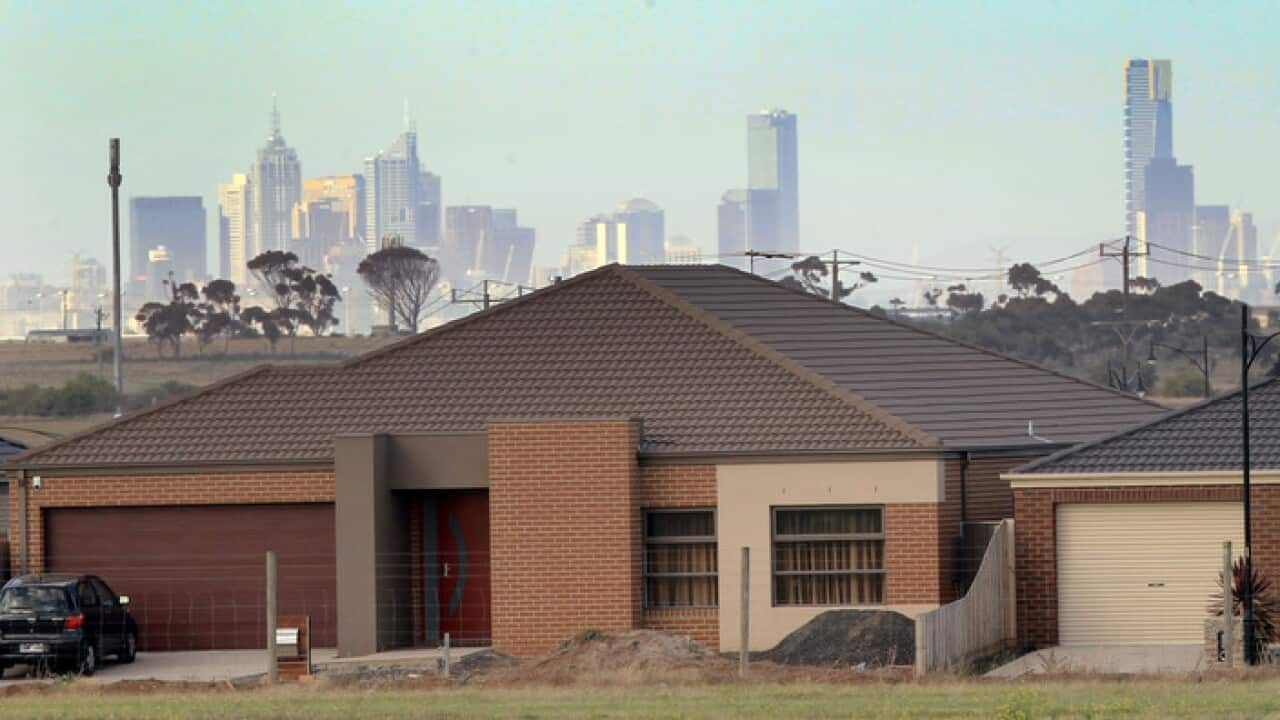
Puas yog nom tswv cov kev pab tej neeg yuav thawj lub tsev haj yam ua rau nqe tsev kim tuaj ntxiv
Listen to SBS Hmong on Thursday at 6 pm, and on Sunday at 11 am, or join us on SBS Hmong Facebook, Google podcasts, Spotify and Apple podcasts. Download SBS Audio app follow uas on SBS Hmong pod follow.
